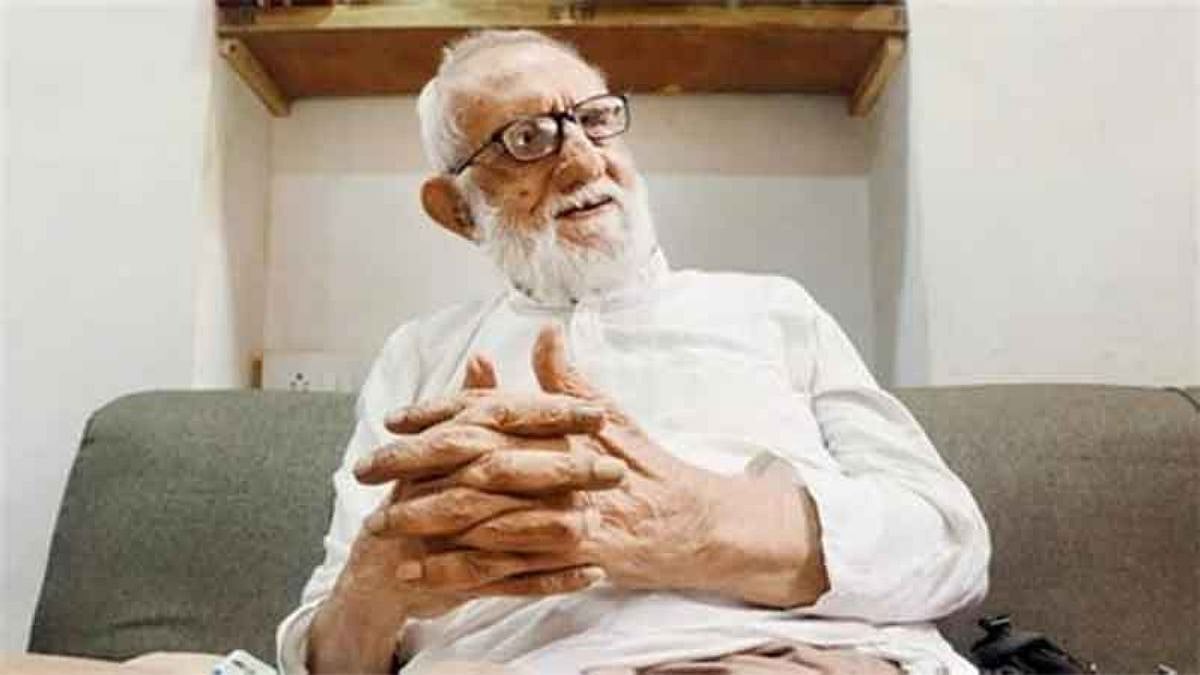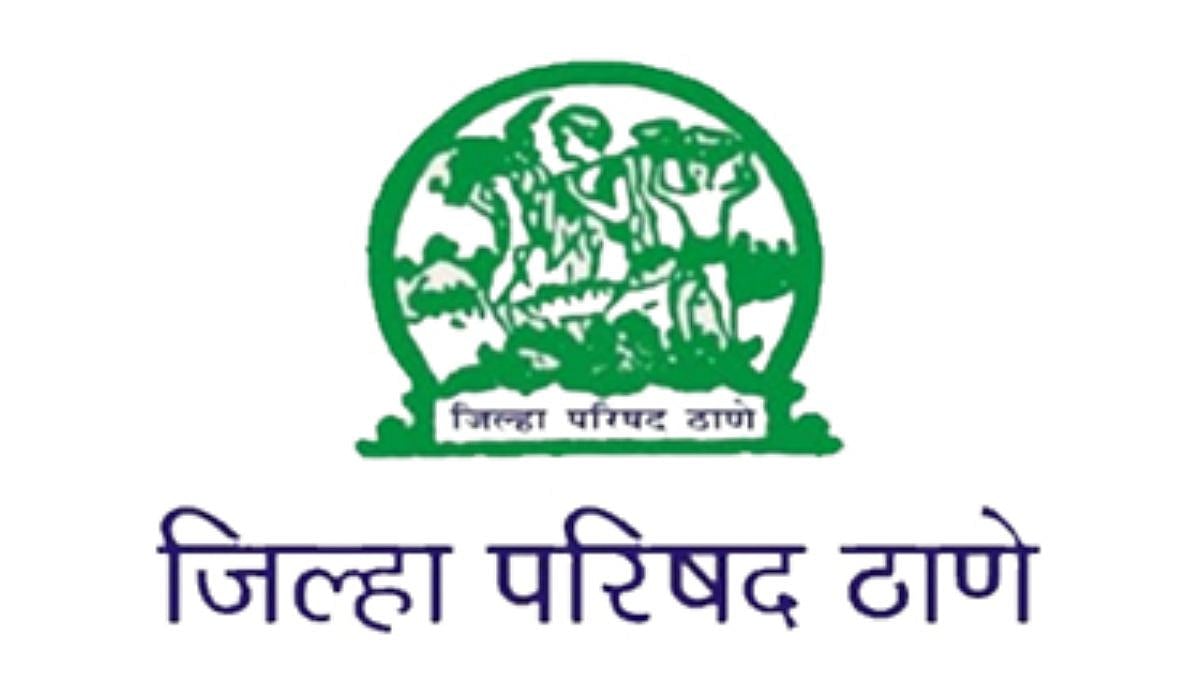Mumbai: The income tax (IT) department conducted raids at over 150 locations across the country against false tax deduction disguised as political donations as well as educational and medical expenses. The investigation has revealed that employees of government bodies, public sector undertaking (PUS), multinational companies, academic institutions and entrepreneurs were a part of these organised rackets.
On Monday, the IT department initiated a large-scale verification operation across multiple locations in the country, targeting individuals and entities facilitating fraudulent claims of deductions and exemptions in income tax returns (ITRs). The agency has uncovered organised rackets operated by ITR preparers and intermediaries, who have been filing returns claiming fictitious deductions and exemptions, while some even submitted false tax deducted at source (TDS) returns to claim excessive refunds.
The IT department leveraged financial data received from third-party sources, ground-level intelligence and advanced artificial intelligence tools to identify suspicious patterns. The analysis revealed rampant misuse of deductions under various sections like house rent allowance, electoral funding, education loan, medical insurance, home loan, electric vehicle loans, charitable institutions, scientific research, rural development and for treatment of critical illness.
Based on these findings, the agency carried out extensive search and seizure operations in Maharashtra, Tamil Nadu, Delhi, Gujarat, Punjab, and Madhya Pradesh, where evidence of fraudulent claims was found to have been used by various groups and entities. According to the IT department, the raids substantiated that the exemptions were claimed without valid justification. Notably, employees of MNCs, PSUs, government bodies, academic institutions, and entrepreneurs are among those implicated.
The department observed that taxpayers are often lured into these fraudulent schemes with promises of inflated refunds in return for a commission. Despite a fully e-enabled tax administration system, ineffective communication remains a significant hurdle in assisting taxpayers. It has been observed that such ITR preparers often create temporary email IDs solely for filing bulk returns, which are later abandoned, resulting in official notices going unread.
Emphasising voluntary compliance, the department has carried out extensive outreach efforts, including SMS and email advisories, nudging suspected taxpayers to revise their returns and pay the correct tax, over the last year. Physical outreach programs, both on and off campus, were also conducted. As a result, approximately 40,000 taxpayers updated their returns in the last four months, voluntarily withdrawing false claims amounting to Rs 1,045 crore.
However, as many remain non-compliant, possibly under the influence of the masterminds behind these evasion rackets, the department has started to take stern action against continued fraudulent claims, including penalties and prosecution wherever applicable. The ongoing raids are expected to yield crucial evidence, including digital records, that will aid in dismantling the networks behind these schemes and ensure accountability under the law.
In a statement, the IT commissioner for media and technical policy, V. Rajitha advised the taxpayers to file correct particulars of their income and communication coordinates and not be influenced by advice from unauthorized agents or intermediaries promising undue refunds.
Misuse of Deductions Under These Sections of The IT Act, 1961:
10(13A) - house rent allowance
80GGC - electoral funding
80E - education loan
80D - medical insurance
80EE - home loan
80EEB - electric vehicle loans
80G - charitable institutions
80GGA - scientific research or rural development
80DDB - treatment of critical illness











